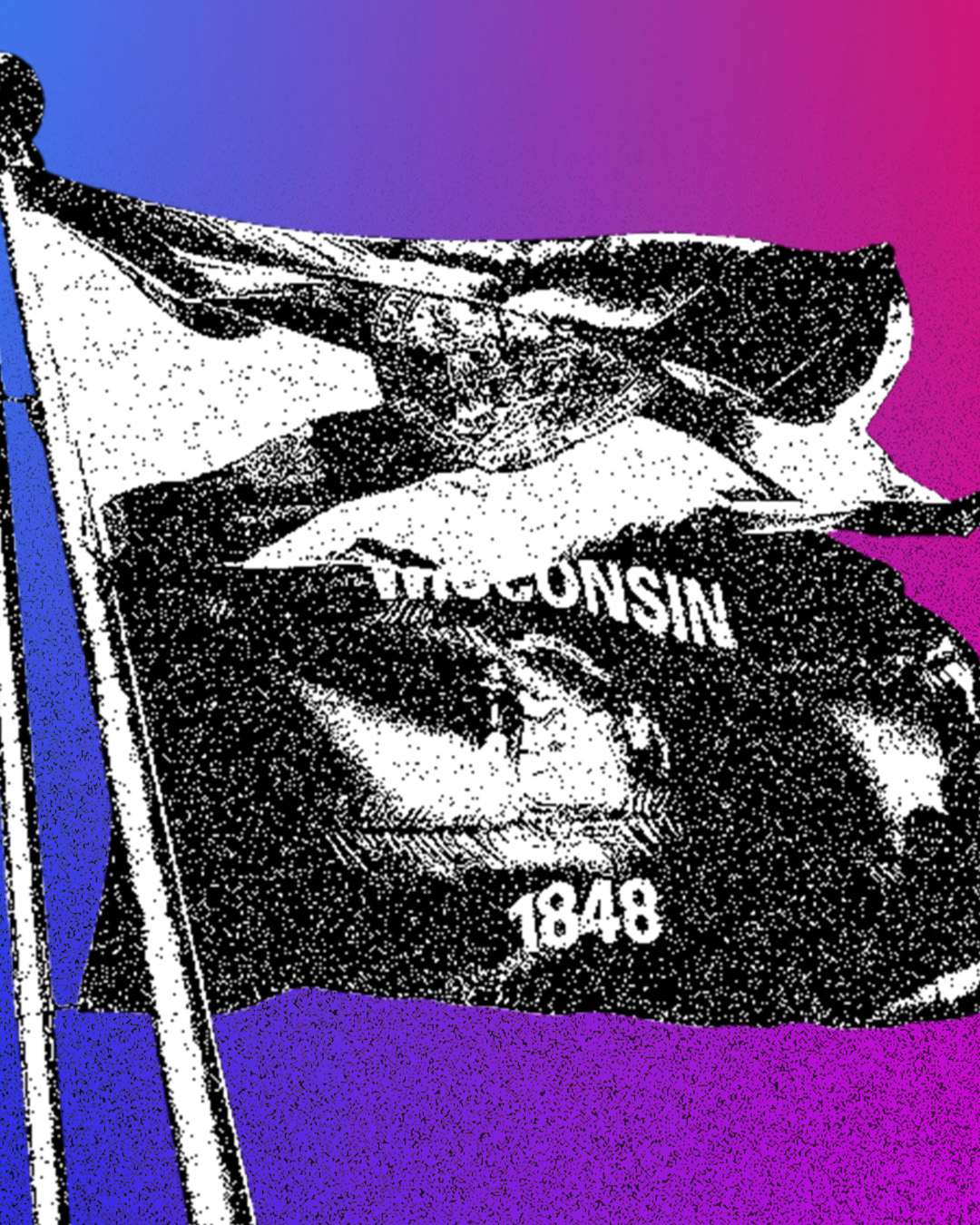Election-related violence is on the rise, and independent voters should pay attention.
The Big Picture
In the final stretch of the 2024 election, the United States is facing a troubling rise in election-related violence. In just the past week, ballot drop boxes in Oregon and Washington were set on fire, allegedly by a pro-Palestinian protester. Another drop box in Arizona was torched, and a machete-wielding Trump supporter intimidated voters in Florida. Meanwhile, in Washington, DC, some businesses boarded up their storefronts in anticipation of potential unrest.
Political violence in America isn’t new, but it has intensified over the past few election cycles. Independent voters are increasingly concerned about these threats to democracy, and for good reason.
Zooming In
The reality of election-related violence
The United States has experienced a series of violent political events in recent years. The 2017 shooting at the Republican practice for the Congressional Baseball Game, the attack on the Democratic Party office in Arizona, and the January 6th insurrection all serve as stark reminders of growing unrest.
Now, as we head into another contentious election, the rhetoric on both sides has reached unprecedented levels of hostility. Many independent voters worry about the potential for violence in the days and weeks following election day.
Independent voters are deeply concerned
According to a September survey from the Independent Center, 68% of likely voters in Florida, Georgia, and North Carolina expressed concerns about election-related violence. Only 24% said they were not concerned, and 8% were unsure.
Additionally, voters overwhelmingly believe that Trump is unlikely to concede defeat if he loses, with only 18% expecting him to accept the results. By contrast, 57% believe that Kamala Harris would concede if she lost, while 29% think she would contest the results.
The erosion of democratic norms
The rise in political violence is symptomatic of a deeper issue: the erosion of trust in democratic institutions. As America undergoes economic and cultural shifts, many citizens are struggling to adapt. Millennials and Gen Z are the most racially diverse and socially inclusive generations in U.S. history, creating a stark contrast with older, more traditional voters.
In response, some Americans have retreated into ideological echo chambers, where misinformation and conspiracy theories thrive. This is how we arrived at events like the January 6th attack and the rise of extremist groups.
States are preparing for potential violence
Concerns over unrest are so severe that states are ramping up security for their Electoral College meetings. This level of preparation is unprecedented in modern American history.
The fact that officials feel the need to take such measures underscores just how fragile the country’s political environment has become. Independent voters, who often sit outside the extremes of both major parties, will play a critical role in determining the future of political stability in the U.S.
Data Snapshot
- Ballot drop boxes were set on fire in multiple states.
- A Democratic office in Arizona was attacked multiple times.
- 68% of voters in key swing states are worried about political violence.
- States are preparing for potential security threats at Electoral College meetings.
Independent Lens
The American democratic process is built on the peaceful transfer of power. However, that foundation is now being tested like never before. Independent voters have the opportunity—and the responsibility—to reject extremism and support leaders who are committed to democratic principles.
If the country is to move forward, political violence cannot become the norm. The future of American democracy depends on ensuring that elections remain fair, transparent, and free from intimidation.
Subscribe to our newsletter for more independent voter insights and analysis.





